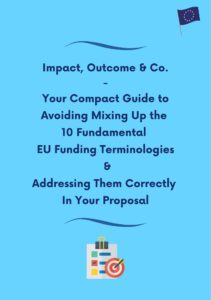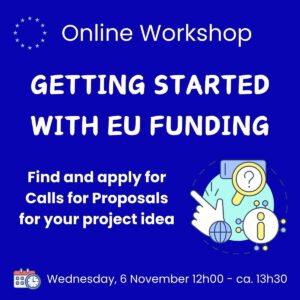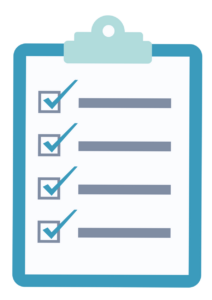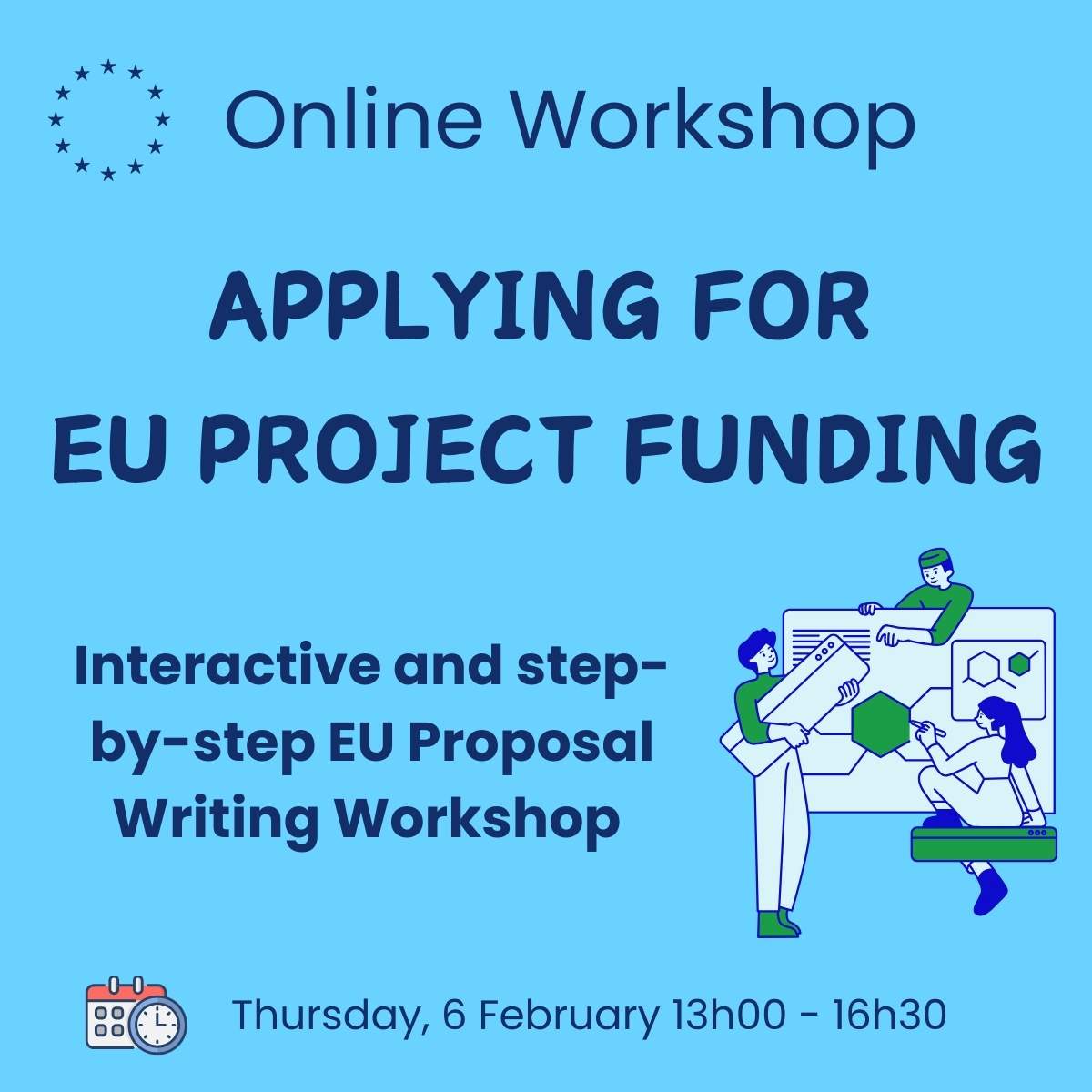EU funding is full of opportunities – but getting in can be difficult, especially when you are new or a relatively small organisation.
The major EU programmes typically require strong considerable capacity, prior experience and established partnerships.
But there is another way. There are funding routes that are lighter, more accessible and designed specifically for newcomers and smaller organisations. These pathways allow you to take your first EU funding step successfully – so you can gradually build experience, visibility and capacity for bigger opportunities later on.
To find out more about these options, join the new Masterclass: Easy(ier) Way In – Entering EU Funding as a Newcomer or Small Organisation which will be taking place live online on Thursday 4 December 2025 – 12h30-14h00 CET
Why this masterclass?
EU funding isn’t only for large and experienced organisations. Accessible entry routes for small organisations and first-time applicants do exist.
In this workshop, you’ll learn about EU funding pathways that are easier than the bigger programmes and well-suited for first-time applicants, including:
✔ Erasmus+ Small-Scale Partnerships (education, training, youth and sports)
✔ Cascade funding (small grant schemes)
✔ LEADER / CLLD (local, community-based funding)
✔ Positioning yourself as a consortium partner – a great way in without the high administrative burden
Why starting small can be the right move
Firstly, for smaller organisations this is already a great achievement. It helps you step into EU funding without needing a large team, complex administration, or long experience.
Secondly, once you have successfully managed a small EU project or participated as a partner, you have started to build credibility, capacity and experience – placing your organisation in a much stronger position when applying for bigger funding later on.
In this Masterclass, you will:
Key Terminologies – Application Guidance

This guidance compares and compare and clarifies the 10 key terminologies within an EU funding application. How should you address them in your proposal, and what kind of information belongs to which one of them?
Online Workshop on 6 November!

The workshop “Getting Started with EU Funding” is for participants with no or very limited experience in EU funding. Discover what kind of projects the EU is funding, the requirements and how you can apply for funding in your thematic field.
EU Funding Checklist

Do you have a new project idea and are wondering if EU funding could be available for your project?
This checklist will guide you through the most important questions to be considered when applying for EU project grants and includes some further suggestions how you could adapt your concept to be more in line with EU expectations regarding fundability.
Online Workshop

Interactive and step-by-step EU Proposal Writing Workshop
On 6 February 2025 from 13h00-16h30